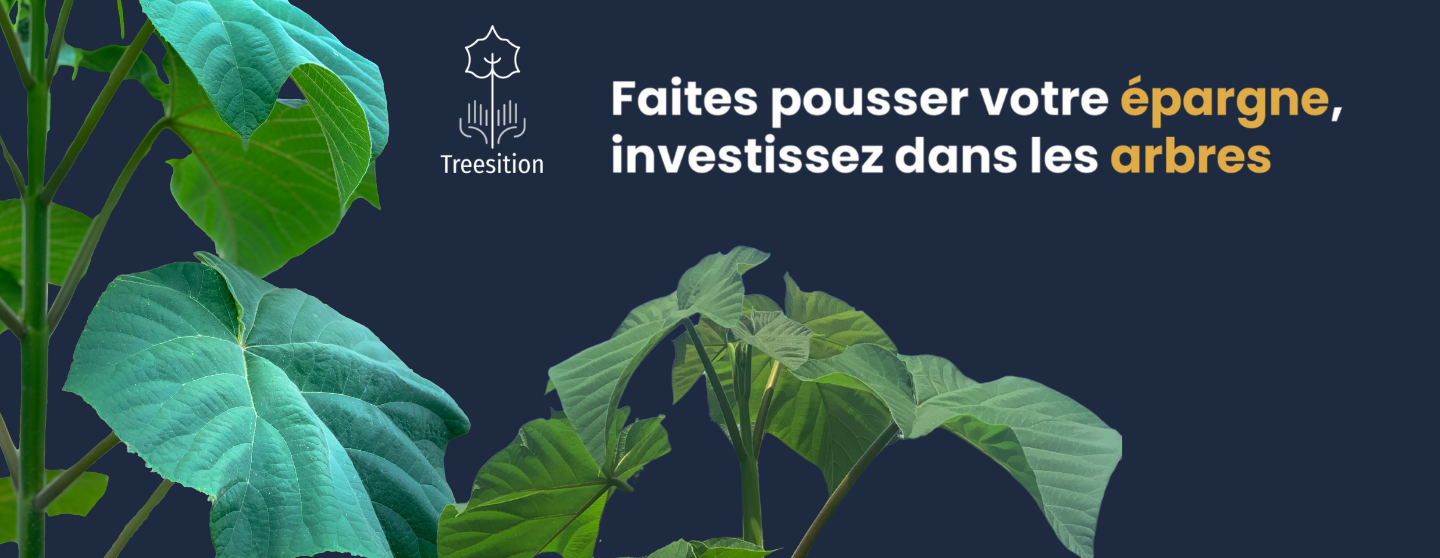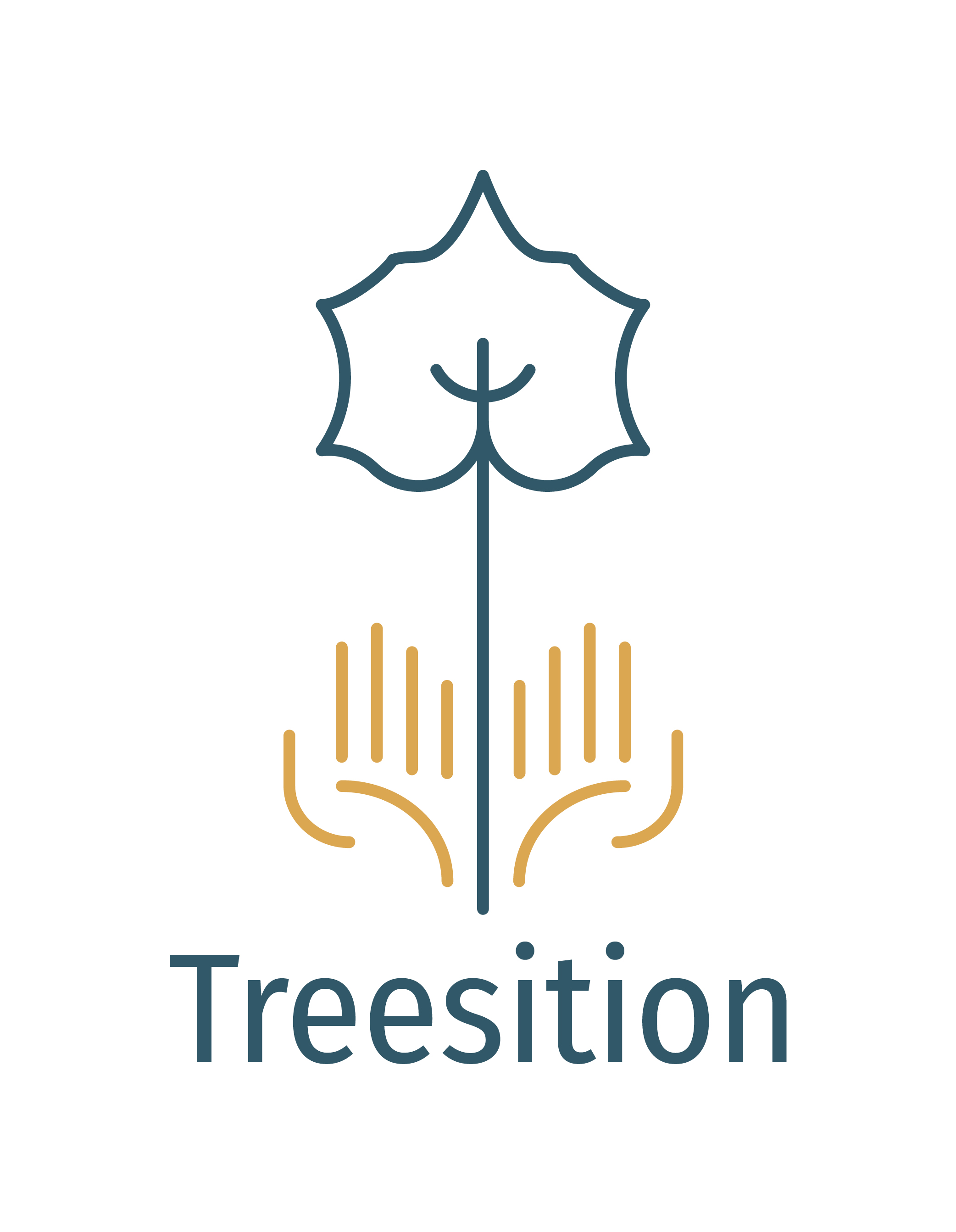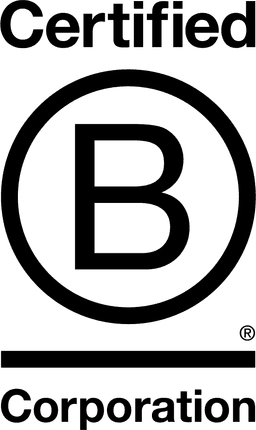

Treesition

1.6
Centre-Val de Loire, France
May 2025
Agricultural Processing
Agriculture/Growers
Belgium,
France,
Spain,
Switzerland
Faites pousser votre épargne, investissez dans la nature avec Treesition. Treesition propose une nouvelle façon d’investir : acheter des arbres de Paulownia, une essence à croissance rapide, durable et à fort potentiel économique. Nous mettons l’agroforesterie au cœur de votre stratégie d’épargne : - Un placement éthique qui contribue activement à la reforestation et à la captation du CO₂. - Un soutien concret aux agriculteurs, grâce à un modèle de partenariat équitable. - Un investissement rentable, avec un potentiel de retour sur investissement attractif à moyen terme. Pourquoi le Paulownia ? C’est un arbre aux super-pouvoirs : il pousse vite, capte beaucoup de CO₂, enrichit les sols et produit un bois léger, solide et très demandé sur le marché. En choisissant Treesition, vous donnez du sens à votre épargne tout en participant à un projet écologique, humain et porteur d’avenir.
Overall B Impact Score
Governance 15.0
Governance evaluates a company's overall mission, engagement around its social/environmental impact, ethics, and transparency. This section also evaluates the ability of a company to protect their mission and formally consider stakeholders in decision making through their corporate structure (e.g. benefit corporation) or corporate governing documents.
What is this? A company with an Impact Business Model is intentionally designed to create a specific positive outcome for one of its stakeholders - such as workers, community, environment, or customers.
Workers 27.0
Workers evaluates a company’s contributions to its employees’ financial security, health & safety, wellness, career development, and engagement & satisfaction. In addition, this section recognizes business models designed to benefit workers, such as companies that are at least 40% owned by non-executive employees and those that have workforce development programs to support individuals with barriers to employment.
Community 8.9
Community evaluates a company’s engagement with and impact on the communities in which it operates, hires from, and sources from. Topics include diversity, equity & inclusion, economic impact, civic engagement, charitable giving, and supply chain management. In addition, this section recognizes business models that are designed to address specific community-oriented problems, such as poverty alleviation through fair trade sourcing or distribution via microenterprises, producer cooperative models, locally focused economic development, and formal charitable giving commitments.
Environment 41.4
Environment evaluates a company’s overall environmental management practices as well as its impact on the air, climate, water, land, and biodiversity. This includes the direct impact of a company’s operations and, when applicable its supply chain and distribution channels. This section also recognizes companies with environmentally innovative production processes and those that sell products or services that have a positive environmental impact. Some examples might include products and services that create renewable energy, reduce consumption or waste, conserve land or wildlife, provide less toxic alternatives to the market, or educate people about environmental problems.
What is this? A company with an Impact Business Model is intentionally designed to create a specific positive outcome for one of its stakeholders - such as workers, community, environment, or customers.
Customers 4.6
Customers evaluates a company’s stewardship of its customers through the quality of its products and services, ethical marketing, data privacy and security, and feedback channels. In addition, this section recognizes products or services that are designed to address a particular social problem for or through its customers, such as health or educational products, arts & media products, serving underserved customers/clients, and services that improve the social impact of other businesses or organizations.